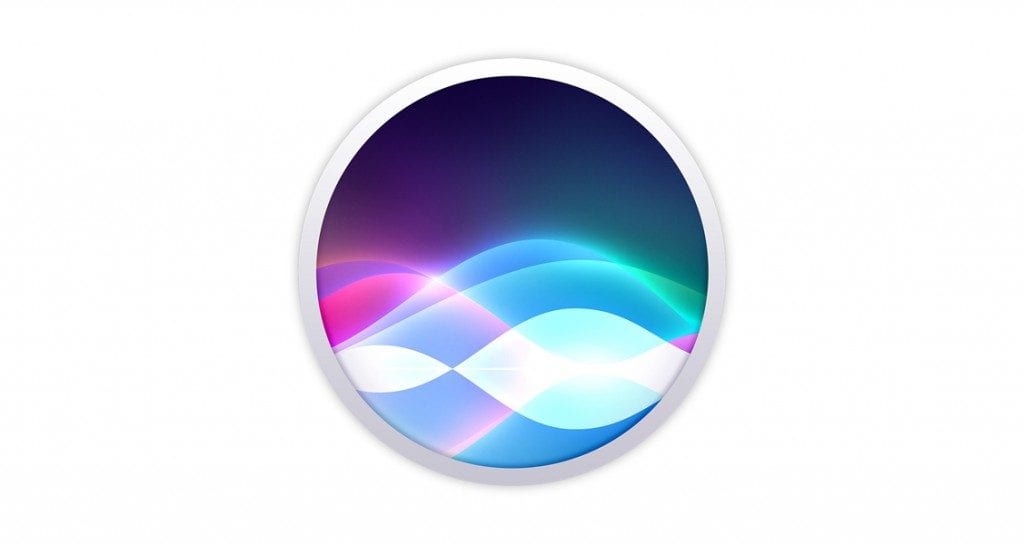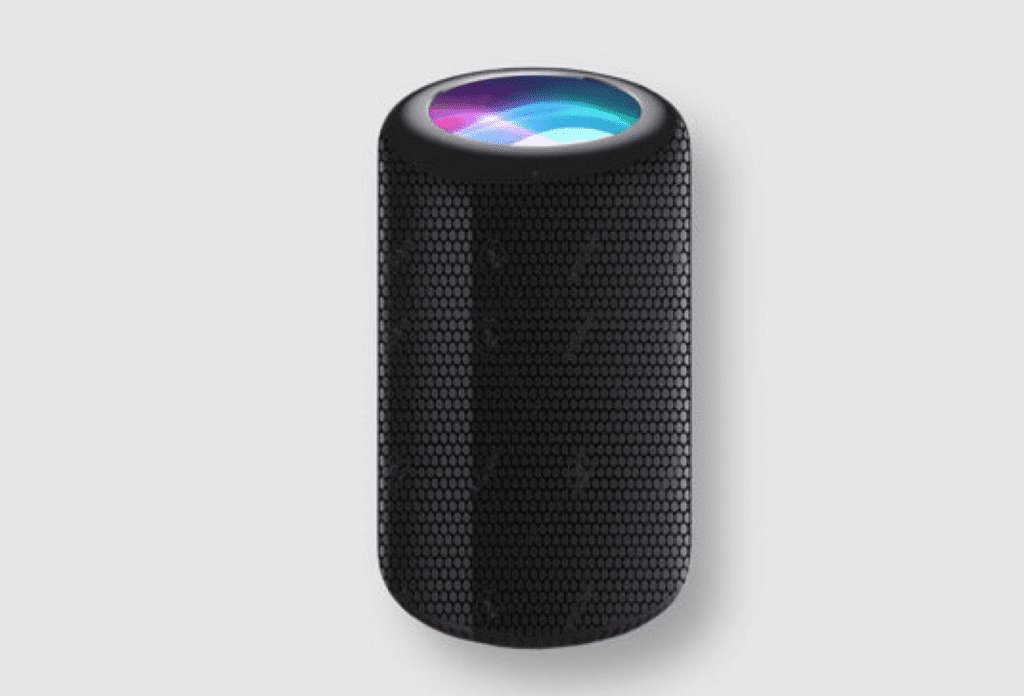
It seems that it is in the very nature of Apple to have to face its own contradictions. During years, Apple has made the defense of user privacy one of its hallmarks, especially against the competitor of the search engine, whose main volume of business is in advertising, which, in turn, is based on the data of its own users. But what on the one hand has been of great help to win and consolidate the support of millions of users, could also be placing the company at a certain disadvantage.
As revealed by The Wall Street Journal, former Apple employees who worked on the development of Siri state that the virtual assistant has a tough fight to catch up with his rivals (Google Home, Amazon Alexa) due to the intense concern of the company for the defense of user privacy.
Siri, between privacy and necessity
Indeed, contradictions are part of Apple's very nature, and this is not the first time that his own plans and principles have become a brake. When Steve Jobs introduced to the world that misunderstood "giant iPhone" that was the iPad, he was quick to announce the beginning of the post-PC era, however, it has taken a long period of seven years for the iPad to give that. giant step that allows many of us, not all of us, to park our computers and move freely, working and enjoying our leisure time with our iPad. And, remember, Apple is a company that manufactures computers, and while the iPad does not do what the Mac does, many users will have two devices. As a business, it is always better to sell two devices to each user than to sell one, right? This is one of the great conytradictions that Apple is still facing. The other, the difficult balance between maintaining user privacy and achieving its rightful position in the virtual assistants segment.

Let's not be more papist than the Pope. It is evidence that Siri is not as effective as its competitors from Amazon and, above all, from Google. But the reason is also very obvious, and commendable: Apple does not do business with user data and therefore does not use that data to improve Siri, or at least that is what the company swears and perjures every time it has the opportunity to mark distances with Google.
Prioritizing the culture of privacy
Unlike the other two giants, Amazon and Google, which take advantage of and preserve the data of their users beyond their respective devices (in the cloud) To feed valuable information to their respective smart speakers and that they improve their queries and general performance, Apple stands firm in a culture that prioritizes user privacy, despite the fact that this is a handicap to the evolution of Siri.
Loss of valuable human capital
On the other hand, the TWSJ newspaper also mentions Siri's development difficulties as an important cause. departure of some key members of the project, some of whom went off to compete. Bill Stasior, a former Amazon executive dedicated to overseeing Siri development, is one of them; left the project a year after the death of Stev Jobs and some of the members of that team point out that this was precisely one of the main reasons why Adam Cheyer and Dag Kittlaus, original co-founders of Siri, they also abandoned. By the way, the latter went to Viv, later acquired by Samsung, and now works closely with the Bixby team, the new Samsung assistant released on the Galaxy S8 and S8 Plus and which, by the way, is still half done.
Is "Siri always going to be silly"?
Last year, Apple began opening Siri to developers however, for many engineers it has been a late decision, while developers maintain a certain level of discontent for this insufficient level of openness. Brian Roemmele, one of these developers, notes that The limited range of Siri commands disappointed many developers: «People went from being happy and excited to sitting in workshops and realizing that 'I can't use it'. Thus, "Some returned to that attitude: Siri is always going to be silly."

According to notes wsj, Siri's performance is still far from Amazon's Echo or Google Home; tested with more than 5.000 different questions, Siri is only able to answer accurately 62% of the questions, compared to the approximate rate of 90% of its competitorsaccording to Stone Temple, a digital marketing company.
By contrast, Siri stands out in languages, as it is already capable of working in 21 languages, while Alexa and Google Assistant only speak English and German.
Will Siri be able to catch up and even surpass its competitors? Will Apple give up and start using user data to improve Siri? Would the users be willing to do so?
